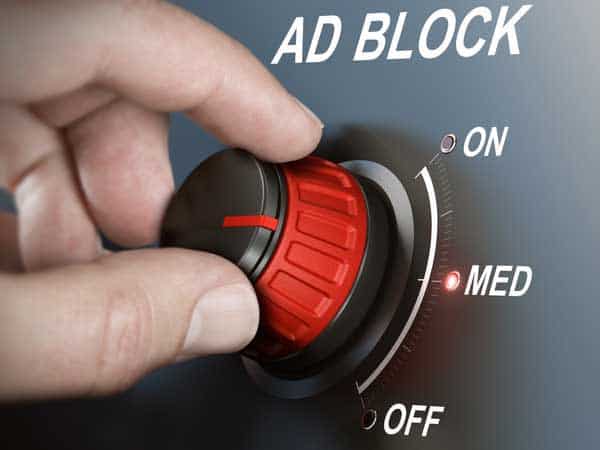YouTube has implemented aggressive new restrictions against ad blocker users, including account suspensions and potential legal action. However, this crackdown will likely backfire and drive users away from YouTube. (refer my previous articles: YouTube’s Ad Blocker Crackdown Backfires as Viewers Install Better Blockers)
YouTube is escalating its fight against ad blockers by harshly penalizing users. Tactics include delays in video loading, restrictions on site functionality, account suspensions, and possible lawsuits.

While intended to force ad blocker users to view ads, these extreme measures will actually have the opposite effect. YouTube risks alienating its audience and pushing them to alternative platforms. This response echoes how the music industry unsuccessfully fought music piracy in the 1990s. Ultimately, YouTube must innovate around user preferences rather than fight its own audience.
YouTube’s Initial Attempts to Block Ad Blockers
YouTube first prevented ad blocker users from playing videos. This ineffective method led users to find workarounds while ad blockers improved. It also posed potential legal issues and allowed competitors like Brave to escape detection. With users still blocking ads, YouTube pivoted to a punishment-based approach.
YouTube Introduces Delays and Restrictions for Ad Block Users
YouTube inserted delays of several seconds when loading pages for ad blocker users. The company confirmed these slowdowns target all ad blockers regardless of browser. A YouTube spokesperson encouraged disabling ad blockers to resolve delays, indicating further detection improvements and user restrictions.
Beyond delays, YouTube undermined popular ad blockers like uBlock Origin. After shutting down modded ad-free versions of YouTube, the platform is considering blacklisting ad block users entirely. As these tools violate YouTube’s Terms of Service, offenders may face account suspension or even lawsuits.
A Losing Strategy That Will Backfire
While aggressive, YouTube’s scorched earth campaign against ad blockers will likely fail. Most ad block users would rather abandon YouTube than endure disruptive ads. Although some may pay for YouTube Premium, its high cost deters many. Ultimately, penalizing users achieves nothing while building resentment.
Echoes of The Music Industry’s Failed Anti-Piracy Campaign
YouTube’s war on ad blockers mirrors how the music industry fought song piracy. Public shaming of pirates as “thieves” gave way to lawsuits against file sharers. Despite legal threats, piracy rapidly grew. With users unswayed, music labels had to innovate new revenue streams.
YouTubers Already Shifting to Diverse Monetization
Interestingly, most popular YouTubers now utilize diverse income sources. Rather than rely on YouTube ads, creators partner with brands, sell merchandise, offer memberships, and promote affiliate products. Like the music industry, YouTube must pivot to user preferences with innovative monetization options.
Conclusion
With its audience rejecting ads, YouTube attempts to force compliance through restrictions and intimidation. However, these hostile efforts will likely fail. Just as lawsuits didn’t stop music piracy, bullying users has no long-term viability. Ultimately, YouTube must shift its business model or lose ground to alternative platforms willing to innovate

